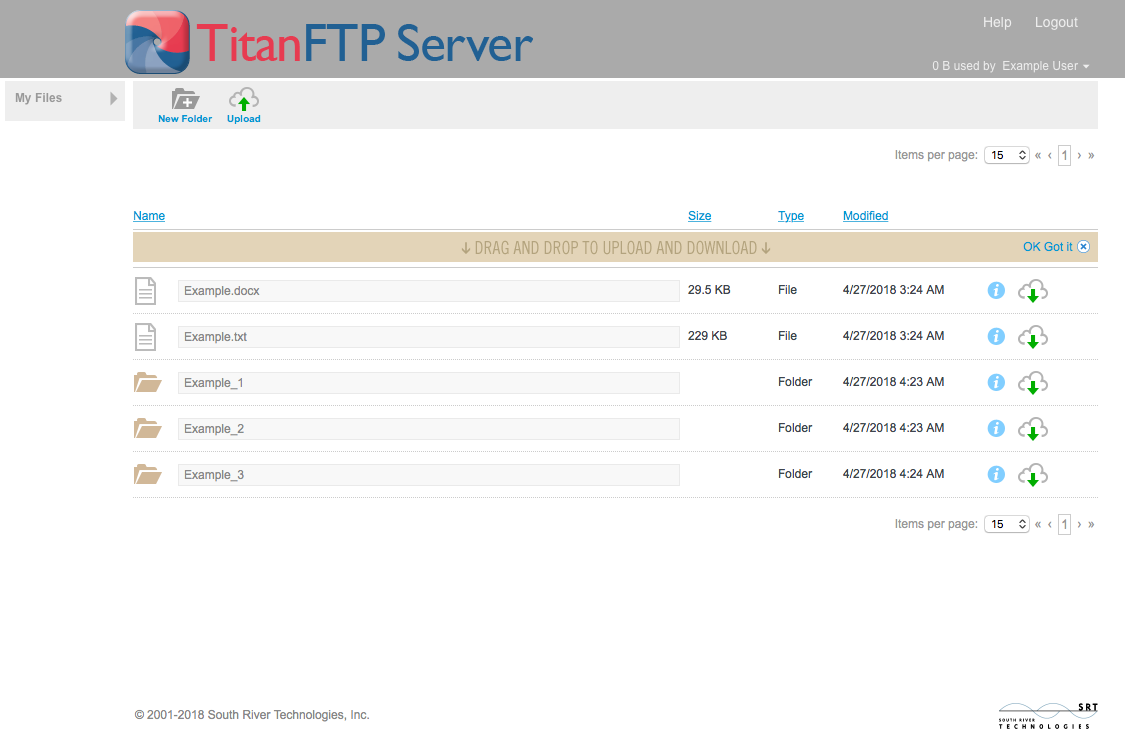
computers and notebooks with ability to run on alternate power sources other than the batteries on which they presently run. One of the more feasible sources which could be used to generate power for these machines would be fuel cells.
In the past years, some companies have conceptualized and developed prototype notebooks running on power generated from fuel cells, however none of them has quite been able to bring these fuel cell powered laptops to the market just yet. A research conducted at the Harvard School of Engineering and Applied Sciences (SEAS) may however portend good news for those waiting for fuel cells powered laptop to come up for sales in the computer market. The research team from Harvard headed by Shiriram Ramanathan is quite hopeful that their research which involves the use of methane to power laptops could be potentially viable for commercial purposes.
In a publication concerning their research effort, the Harvard team reveals their development of a fully functional all ceramic thin film solid-oxide fuel cell (SOFCs). In constructing this new fuel cell, the team ensured they made no use of platinum, the high price of which has been largely contributory to making the development of fuel cells not commercial viable. In addition, platinum is also known to have reliability and overheating issues.
According to Ramanathan, materials such as platinum wear out very quickly if used as fuel cells. They agglomerate and cause the fuel cells to develop open circuits which will subsequently result in a lot of heating and reliability problems that would affect the performance of the notebooks. With the development of their new SOFCs, the team believes that they have a cheaper and more reliable alternative to the use of platinum in creating fuel cells.
Although, SOFCs are typically known to generate temperatures as high as 800C, the Harvard research team in another publication have illustrated the development of a micro-SOFC that would be fueled using methane that would generate operating heat that is lower than 500C which is quite uncommon. Their overall goal is to however bring down the operating temperatures to under 300C which would make them for suitable for notebooks and other mobile devices.
Using methane as the basis of their research would prove to be very important if they achieve success as this could help in reducing the unit costs of the applications that would run on such power. Presently, most fuel cells make use of hydrogen which is very expensive and needs to be pure to be effective, methane on the other hand is relatively inexpensive as it is in abundance.









this website behaves really strngely on my iPad.
Can’t wait for laptops that can go all day without recharge. Sick of false claims by laptop sellers saying theirs will.